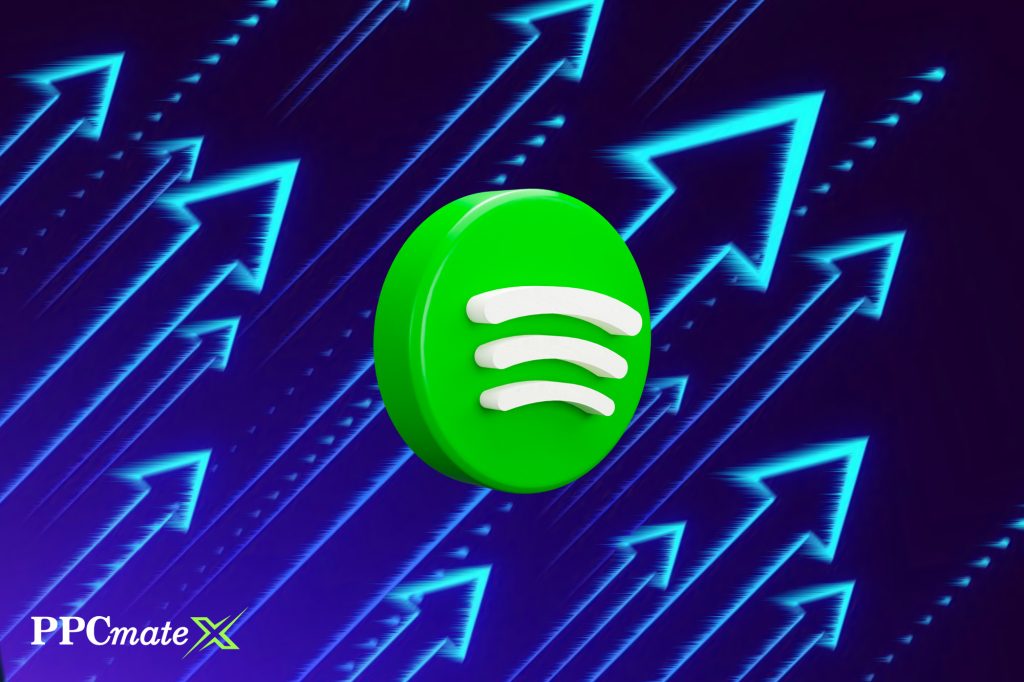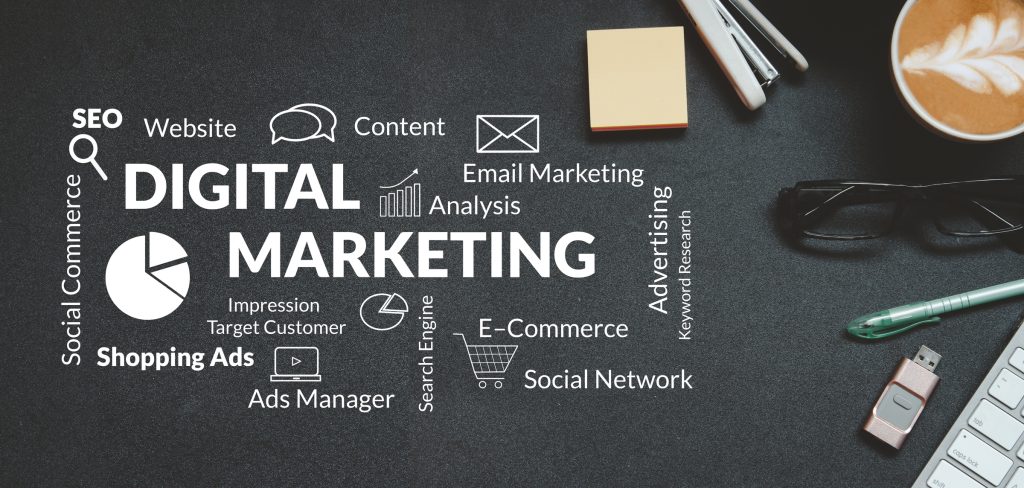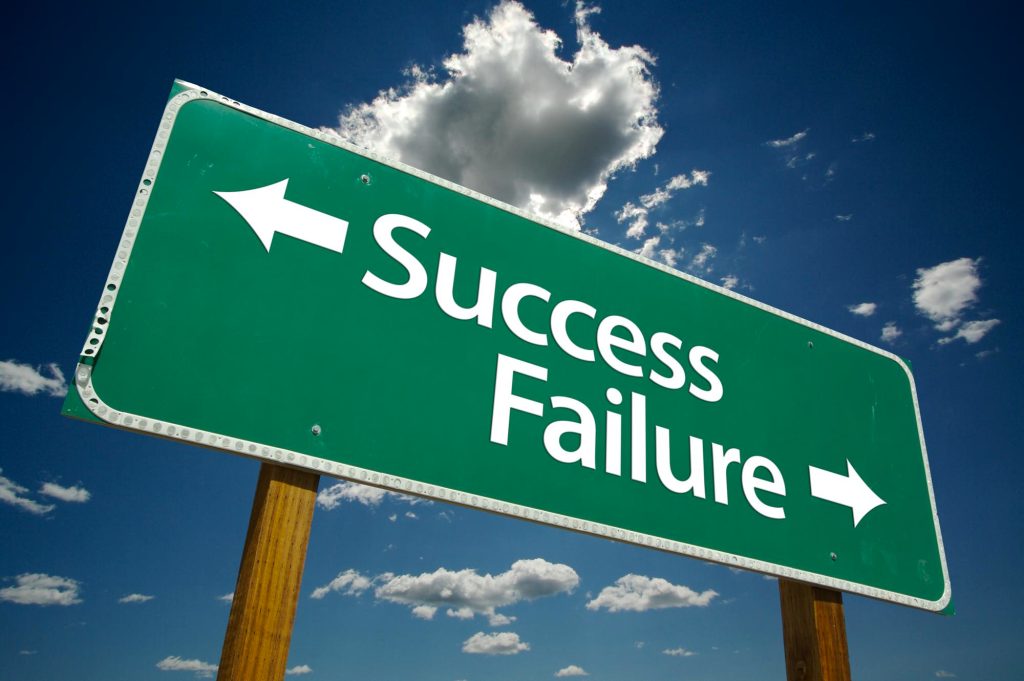Content Marketing
Content marketing is a form of marketing that focuses on creating, publishing and distributing valuable content in order to inform, attract and convert prospects into customers. Content marketing is one of the most powerful online marketing techniques. It has many benefits and can help you:
- Build trust and rapport with your audience
- Become an authority in your space
- Generate leads and online sales
- Reach more customers
- Increase brand awareness, and much more
Search Engine Optimisation
SEO is an online marketing technique that focuses on gaining relevant traffic from search engines to your website. Some of the biggest search engines are Google, YouTube, Bing and Yahoo. Every business or entrepreneur on the internet can benefit from SEO. Here are some reasons why:
- Potential customers and buyers are using search engines every day
- Traffic from search engines consists of people who are already interested in your products and services since they’re actually searching for solutions to the problem you solve.
- An effective SEO strategy will save you from spending on paid advertisement
- SEO can help build trust and credibility with your audience
- For most websites, search engine traffic has the best conversion rates
- It’s easy to track and measure SEO results
Social Media Marketing
Social media is the child of the World Wide Web. According to Statista, a leading provider of market and consumer data, the number of worldwide users is expected to reach some 3.02 billion monthly active social media users by 2021. With such incredible statistics, social media is a powerful way to for marketers to connect with prospects and customers. It can help you:
- Increase website traffic
- Increase brand awareness
- Gain leads and conversions
- Improve communication and interaction with your audience
Marketing Automation
Marketing automation refers to software platforms and technologies used to automate repetitive marketing tasks such as sending emails, managing a help desk ticketing system, managing some aspects of your website, managing social media platforms, customer relationships and much more. Marketing automation improves productivity and workflows. It also makes it easy to measure your online marketing campaigns.
Influencer Marketing
With influencer marketing, you focus your marketing activities around individuals who have influence over potential buyers. An influencer can be a celebrity, blogger or a social media user who has significant engagement with their audience. Here’s a good example of influencer marketing. In 2014, “YouTube celebrity PewDiePie teamed up with the creators of a horror film set in the French catacombs under Paris, creating a series of videos in which he underwent challenges in the catacombs.” The result? The content received double the views as the movie’s trailer.
Email Marketing
Email marketing is one of the most effective online marketing strategies. According to various marketing experts, businesses obtain a return of $44 for every $1 spent on email marketing. And in 2017, the median ROI for email marketing was 122%. Getting started with email marketing is pretty simple. Here’s a general overview of the process to follow:
- Plan your email marketing strategy
- Choose your email marketing tools
- Build an email list
- Set up your email marketing campaign
- Send your emails
- Track and measure your performance
*Consider adding incentives for customers subscribing to email list.
Mobile Marketing
Mobile marketing is an online marketing strategy that focuses on reaching a target audience on their smartphones, tablets and other mobile devices. This could be through email, websites, SMS, apps, and more. With over 80% of internet users owning a smartphone and mobile search queries surpassing desktop queries, mobile has transformed the way people engage with brands. Here are some tips for developing an effective mobile marketing strategy:
- Understand your mobile audience
- Design your website and content with mobile platforms in mind
- Make strategic use of mobile apps and SMS/MMS
Inbound Marketing
Hubspot defines inbound marketing as a marketing strategy aimed at attracting customers through relevant and helpful content. Inbound marketing involves channels like blogs, social media and search engines. Here are some key benefits of inbound marketing:
- Attract qualified prospects
- Build trust and credibility
- Much cheaper than outbound marketing
- It’s long lasting
Affiliate Marketing
Affiliate marketing is a partnership in which a business rewards affiliates for sales or traffic generated from the affiliate’s own marketing efforts. Whether you’re a merchant or an affiliate, there are many benefits to affiliate marketing, including:
- Opportunities for partnerships and collaboration
- Effective use of your marketing and advertising budget
- Easy to track and measure
- Increased exposure
Pay-Per-Click (PPC)
Most of the online marketing strategies discussed above are cost-free. Pay-Per-Click, on the other hand, refers to an internet marketing model in which you pay a fee each time your advert is clicked. Some popular examples of PPC platforms include:
- Google Adwords
- Facebook Ads
- Bing Ads
- LinkedIn Ads
If you have the budget, Pay-Per-Click is the best way to get faster results. Besides, it’s cost efficient since you only pay when someone clicks on your advert, and it allows you to target effectively.
________
by Ibrahim Kareem
Source: business2community.com








